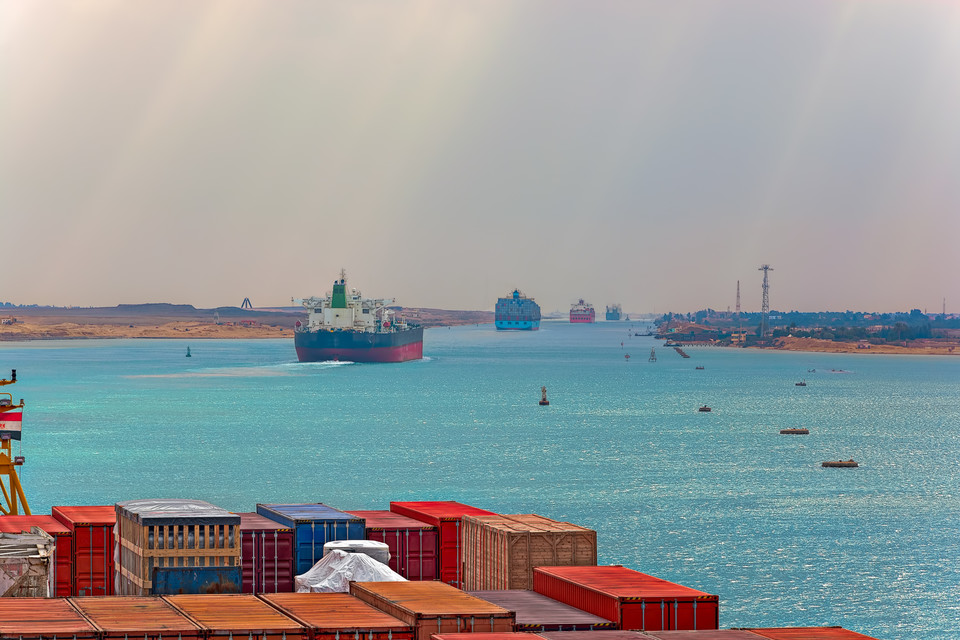Many Businesses in Baden-Württemberg Severely Affected by Shortfalls in Production Due to the Suez Canal Blockage

The “Ever Given” blocked the Suez Canal only for a couple of days. However, the disruption of the global trade routes will impact the local economy for a longer period of time – especially in Baden-Württemberg and the Rhine-Neckar Metropolitan Region. “The situation shows the considerable risk of international, global supply chains which are dependent of smooth traffic flow. This can increase a trend to rely on regional suppliers and shorter supply chains”, says Bischof.
The impact of delays in the supply chain are particularly affecting the regional economy. About 25 percent of Germany’s mechanical and plant engineering companies are located in Baden-Württemberg. In a representative survey conducted by the University of Mannheim in 2021 and 2020, 46.7 percent of mechanical engineering companies said that they had to stop production when material was not available during the coronavirus crisis. Many businesses in this sectors try to keep their stock low, due to cost reasons, meaning that it does not take long before supply disruptions are affecting the production of these companies.
In the survey, textile manufacturers (58.9 percent), wholesale traders (41.1 percent) and, as a consequence, retailers (42.5 percent) are reporting restrictions which are above average, in particular if goods for resale are purchased from overseas. These are the findings of the latest coronavirus survey conducted by the German Business Panel (GBP) at the University of Mannheim, in which more than 14,000 companies from all over Germany have participated since summer 2020. Of these, 2670 are from Baden-Württemberg and 818 from Rhineland-Palatinate. In the survey, the companies answer questions about how the coronavirus pandemic has affected their business. Jannis Bischof holds the Chair of Business Administration and Accounting and is project manager of the GBP.
In contrast to the disruption of supply chains during the coronavirus pandemic in spring 2020, goods continued to move freely in Europe during the recent obstruction of the Suez Canal. However, since a significant amount of production material is delivered from Asia, businesses in Europe are still dependent on global supply chains. “It is safe to assume that the sectors and regions reporting the greatest restrictions at the beginning of the coronavirus pandemic in spring 2020, are now also most heavily affected”, says Bischof.
High prices for air freight are making the situation worse
The coronavirus pandemic has reduced air traffic enormously. The possibility to transport freight on a passenger airplane has become almost non-existent, causing a massive increase in prices for air freight: On average, prices have increased by 40 percent. In individual cases, prices have even doubled. This means that naval trade routes have become more attractive, in particular for goods which cannot go bad.
